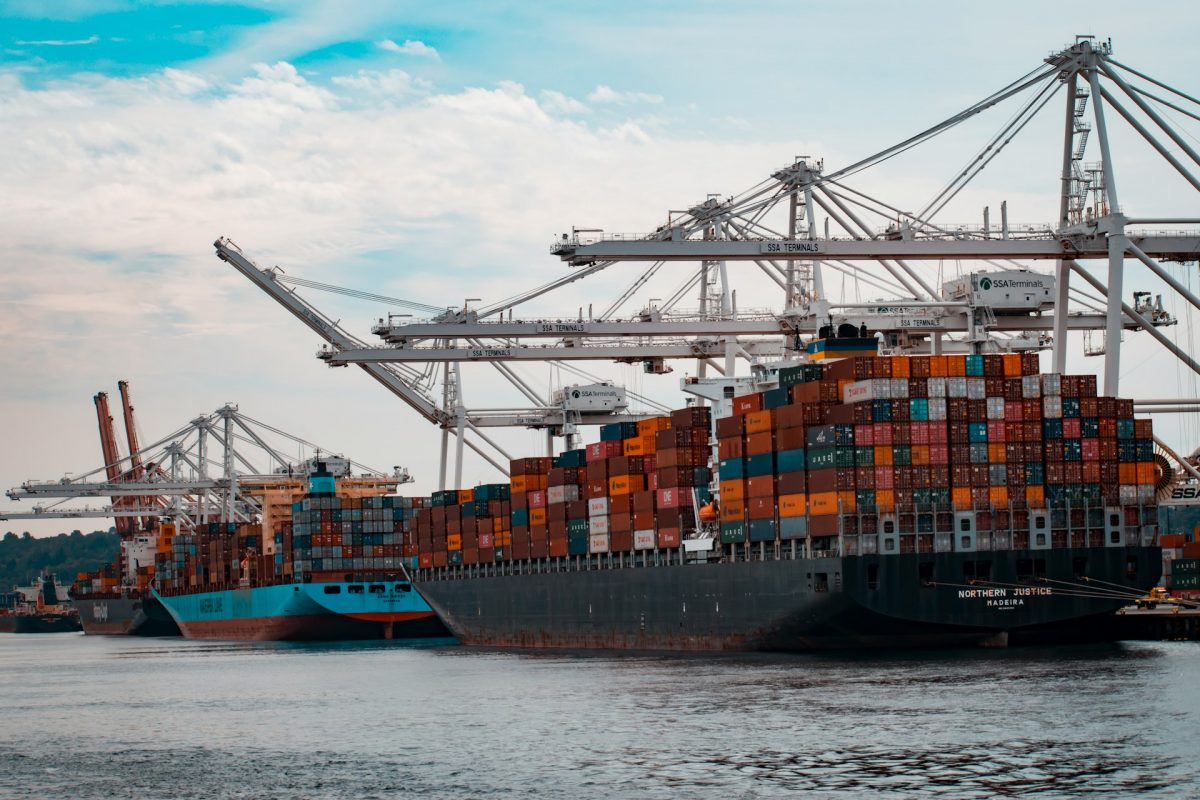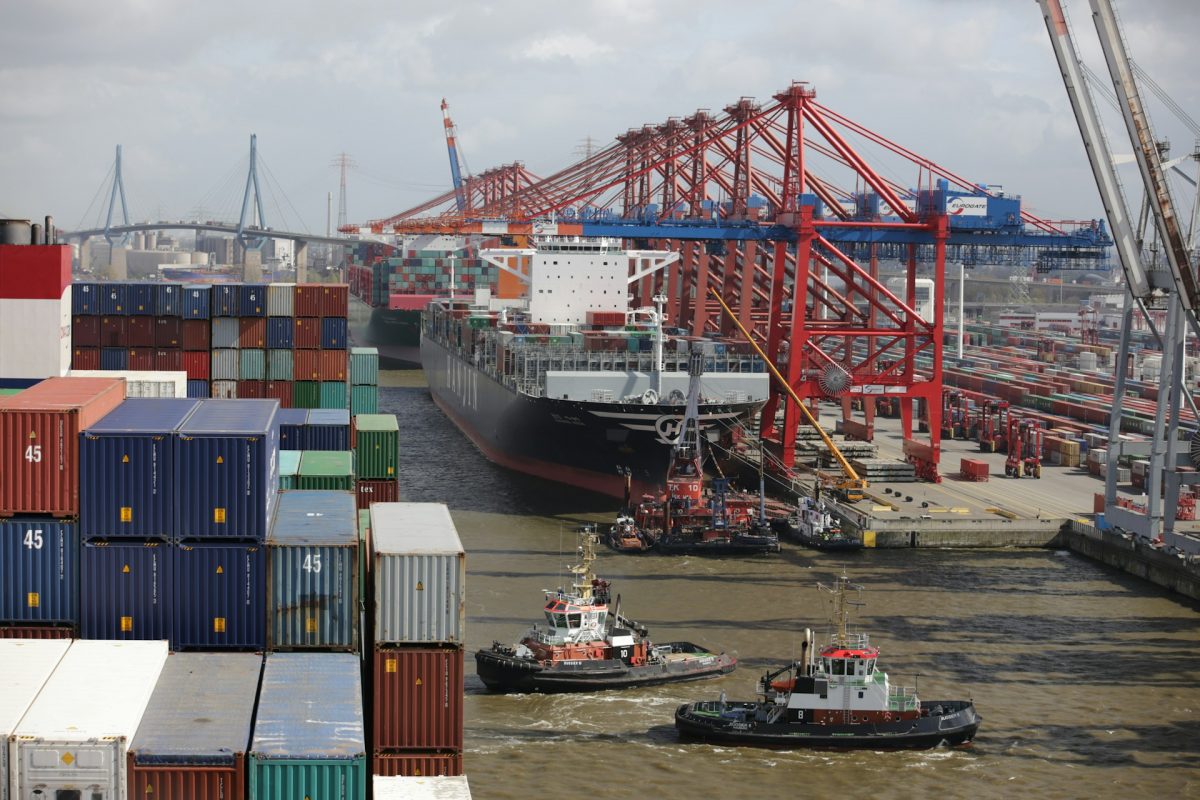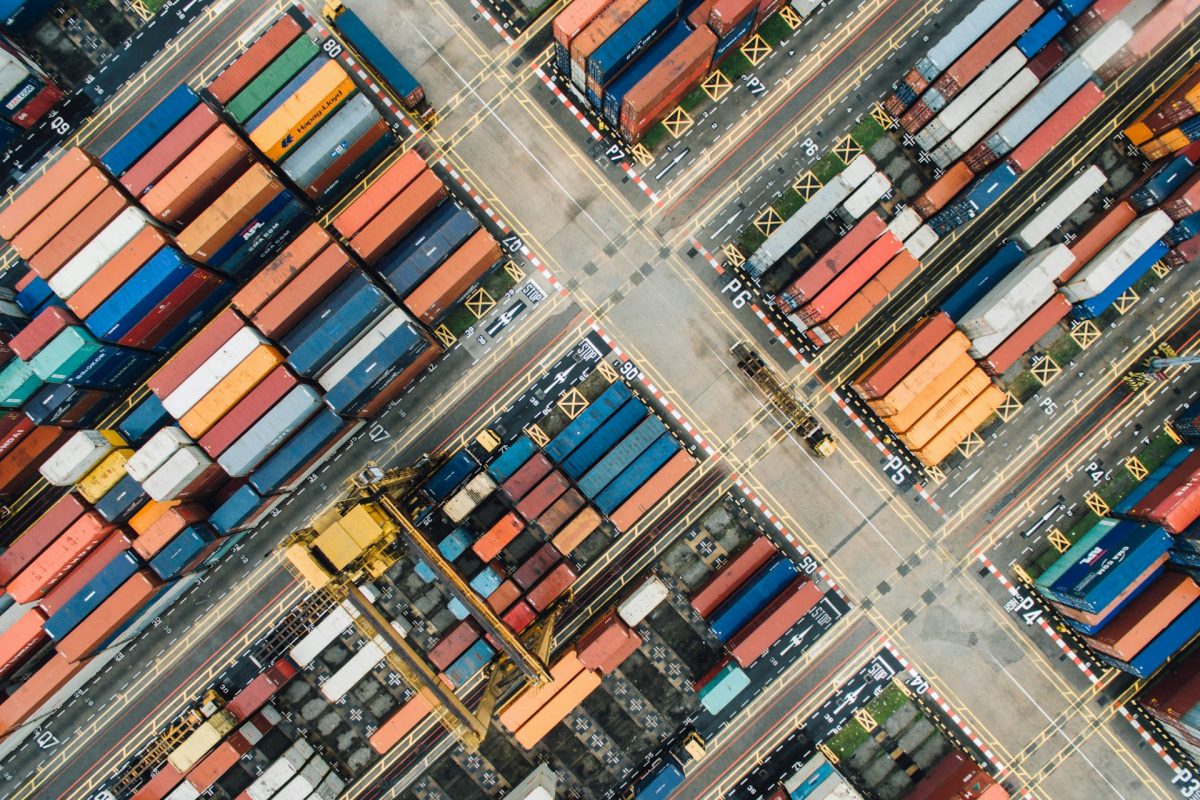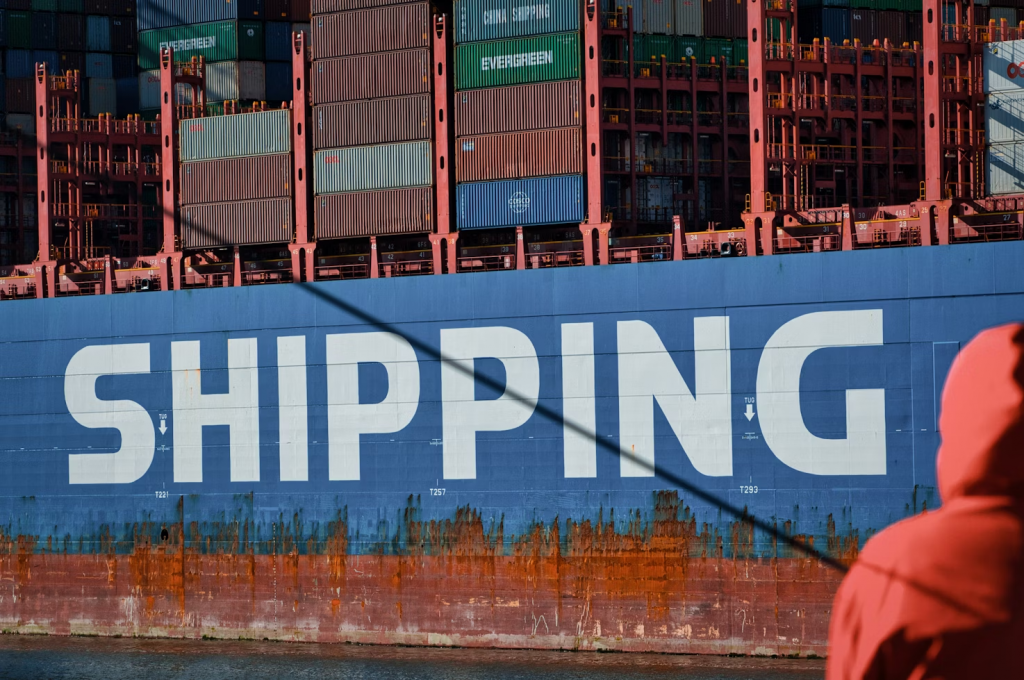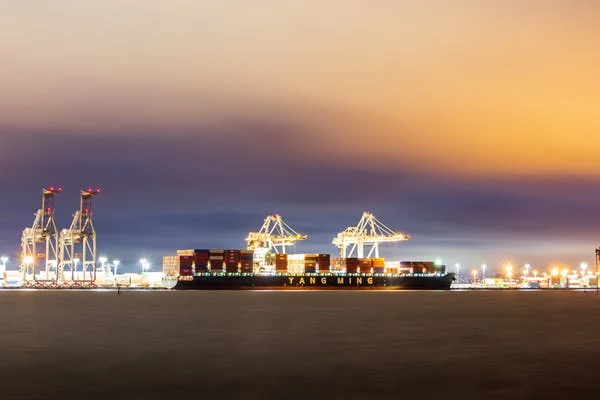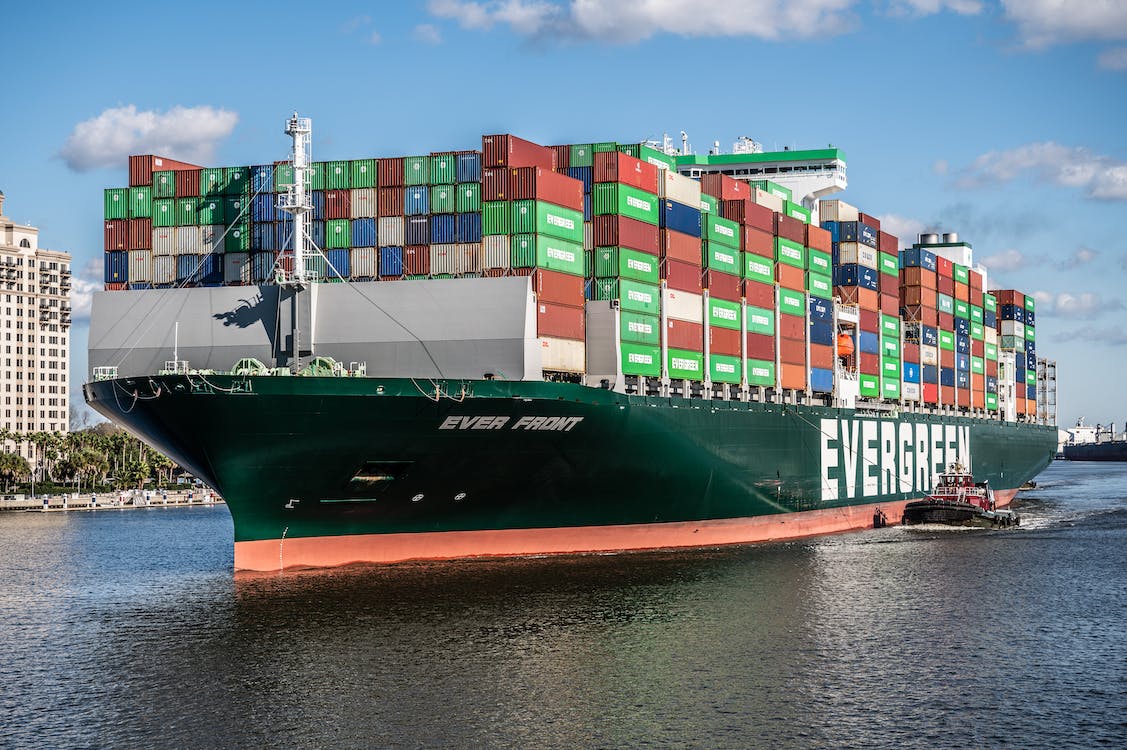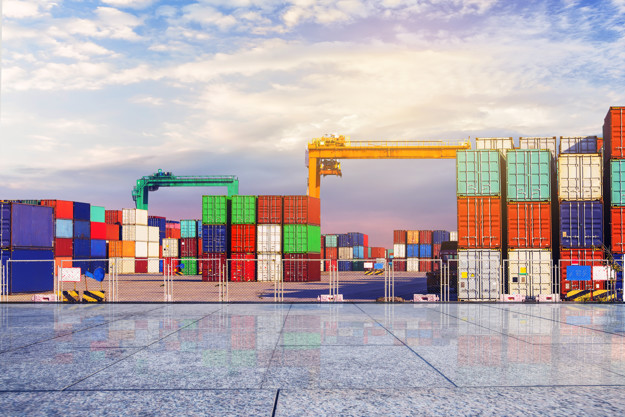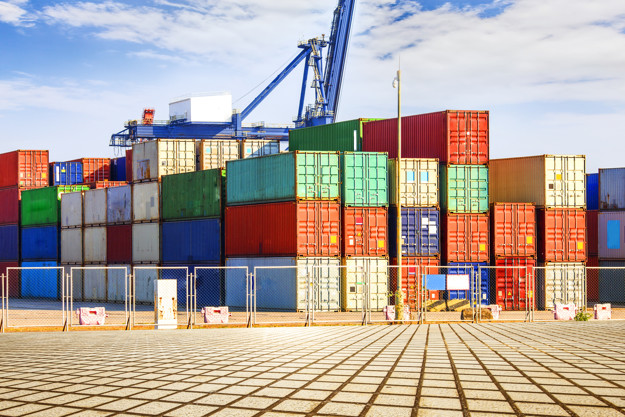Break Bulk vs. Container Shipping: What is the Best Option for 2025?
When it comes to international freight forwarding, it is adequate to understand the various methods of shipping goods, especially for businesses that are aiming to optimize their supply chain. Two of the most known methods in shipping are break bulk and container shipping, which play a robust role in guaranteeing safety and efficiency during cargo transport.
While both are integral to global trade, they vary significantly in some ways, such as what items are transported, the kind of products they regulate, and the logistics concerned. To better understand which is the best shipping option for 2025, here are the differences between the two.
What is Container Shipping?
Shipping containers are usually transported by ships, rail, road, or air. In this method, the items are loaded into secured containers that will be delivered from the point of origin to its destination port. Through container shipping, the item will either be transferred to another form of transport or will be directly delivered to the location.
Some advantages of operating container shipping are its flexibility to transport goods, be it on flatbeds or platform containers, efficiency in maximizing space to deter container imbalance, enhanced security against damage or theft, and streamlining the loading and unloading process. In this method, the items can be shipped in vast quantities, which is more acceptable when international shipping.
What is Break Bulk Shipping?
Break bulk shipping is the transport of cargo items without using standard containers. These goods are usually oversized, heavy, or irregularly shaped, making them unfit for container shipping. Instead, they are loaded straight onto the ship’s deck or into the break bulk cargo hold, occasionally requiring cranes, specialized equipment, or custom-built containers to facilitate the transportation.
More so, break bulk shipping has a more complex logistics setup, and it is more labor-intensive, requiring detailed planning to ensure that the cargo is loaded, secured, and transported without damage. It is commonly managed by professional freight forwarders, especially when goods need to be shipped to locations with restricted access or lack sufficient port infrastructure.
Differences Between Container and Break Bulk Shipping
Both shipping options have their different characteristics, making them beneficial when used in transporting goods. Here are the differences that you might want to consider as a shipping option for 2025:
Packaging and Handling
One of the most substantial differences between container and break bulk shipping is the way goods are packaged and handled. Container shipping relies on standardized containers, which can be quickly loaded and unloaded.
Meanwhile, break bulk shipping concerns handling individual items that may demand specific equipment or labor to load, unload, and secure. While cargo shipping is simplified, break bulk shipping is more time-consuming and expensive due to its intricacy.
Cargo’s Nature
Moreover, both shipping methods also differ in the type of goods or materials carried. Container shipping is best suited for items that are uniform in shape and size, such as electronics, clothing, and packaged goods. It’s ideal for businesses looking to ship products that fit well into standardized containers.
In contrast, break bulk cargo shipping is used for oversized, rare, or weighty cargo that cannot be accommodated in a container. Items such as construction materials, machinery, or large vehicles are generally transported using break bulk forms.
Cost Considerations
Container shipping is more cost-effective than break bulk shipping due to the standardized qualities of the process. Shipping containers are created to maximize space and lower costs. However, while considered as generally reducing expenses, its cost-efficiency depends on the volume and nature of goods.
Break bulk shipping, on the other hand, is pricier due to its more complicated logistics process, the need for manual labor, and custom solutions for securing and transporting goods.
Speed and Efficiency
When it comes to logistics trades, the operation of container shipping is faster due to its automated nature, preventing shipment delays. It is optimized for speed, with designated routes and ports that promote quick handling and minimal delays.
Break bulk shipping, however, is less efficient because of the extra time required to load and unload the cargo, especially if special equipment or labor is needed. This method is appropriate to use if the cargo is not time sensitive.
Port Infrastructure
Container shipping benefits from modern port facilities that are equipped to handle containers with minimal human intervention. Ports specializing in containerized shipping often have cranes and systems to manage large volumes of containers efficiently.
In breakbulk shipping, assessing the qualifications of ports is essential as it may require more facilities for loading and unloading cargo, which may not be suitable for all piers.
What’s the Best Shipping Method for Your Business in 2025?
When picking between container shipping and break bulk shipping, several factors need to be considered, such as the type of goods being shipped, the destination, budget constraints, and the required timeframe.
If you are a business looking to import or export large quantities of goods that are uniform and well-suited for containerization, cargo shipping is the best option for you. However, if you are transporting oversized or irregularly shaped products, break bulk shipping will likely be the more suitable choice despite the additional costs and time involved.
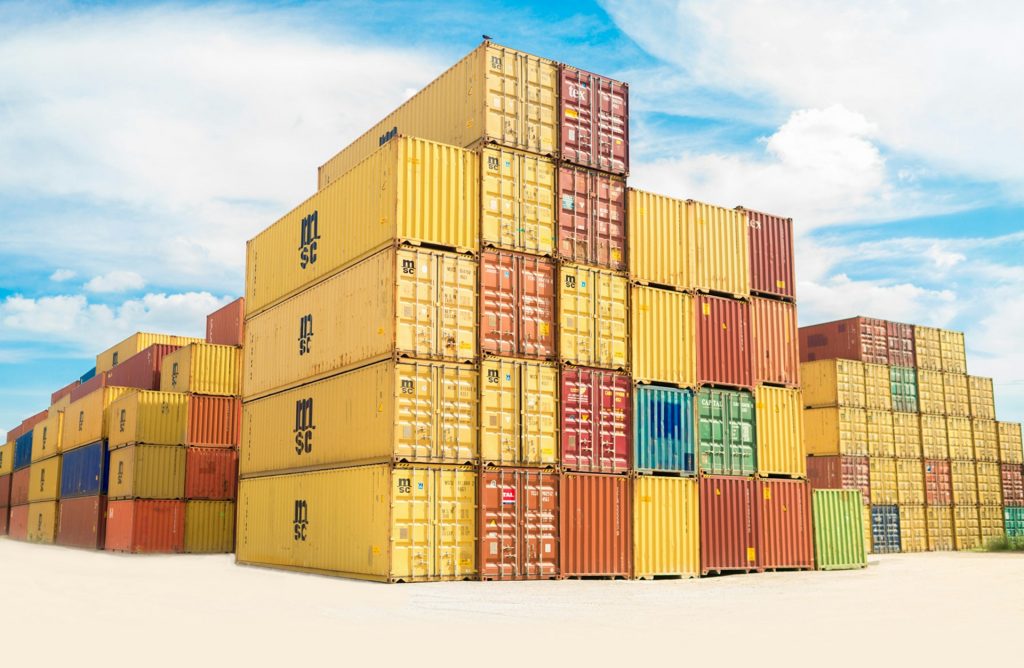
Final Thoughts
Understanding the differences between container and break bulk shipping is vital for businesses engaged in international trade. While container shipping is preferred for its efficiency and speed, breaking bulk is also necessary when shipping huge items. The choice of which shipping option to take is yours, depending on your needs.
By partnering with a reliable and skilled logistics company in the Philippines like Excelsior, businesses like you can acquire shipping tips, ensuring that your goods are transported with the most suitable method without any risks and obstacles on their way.

